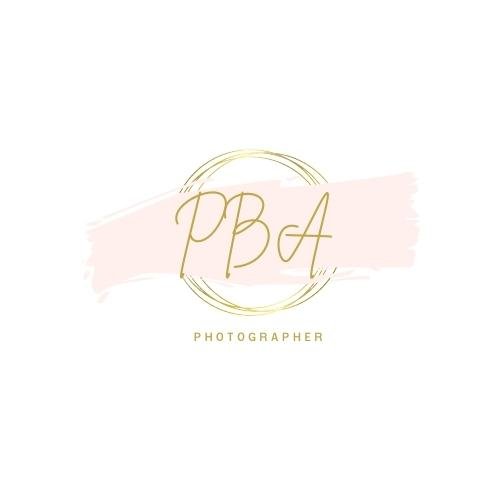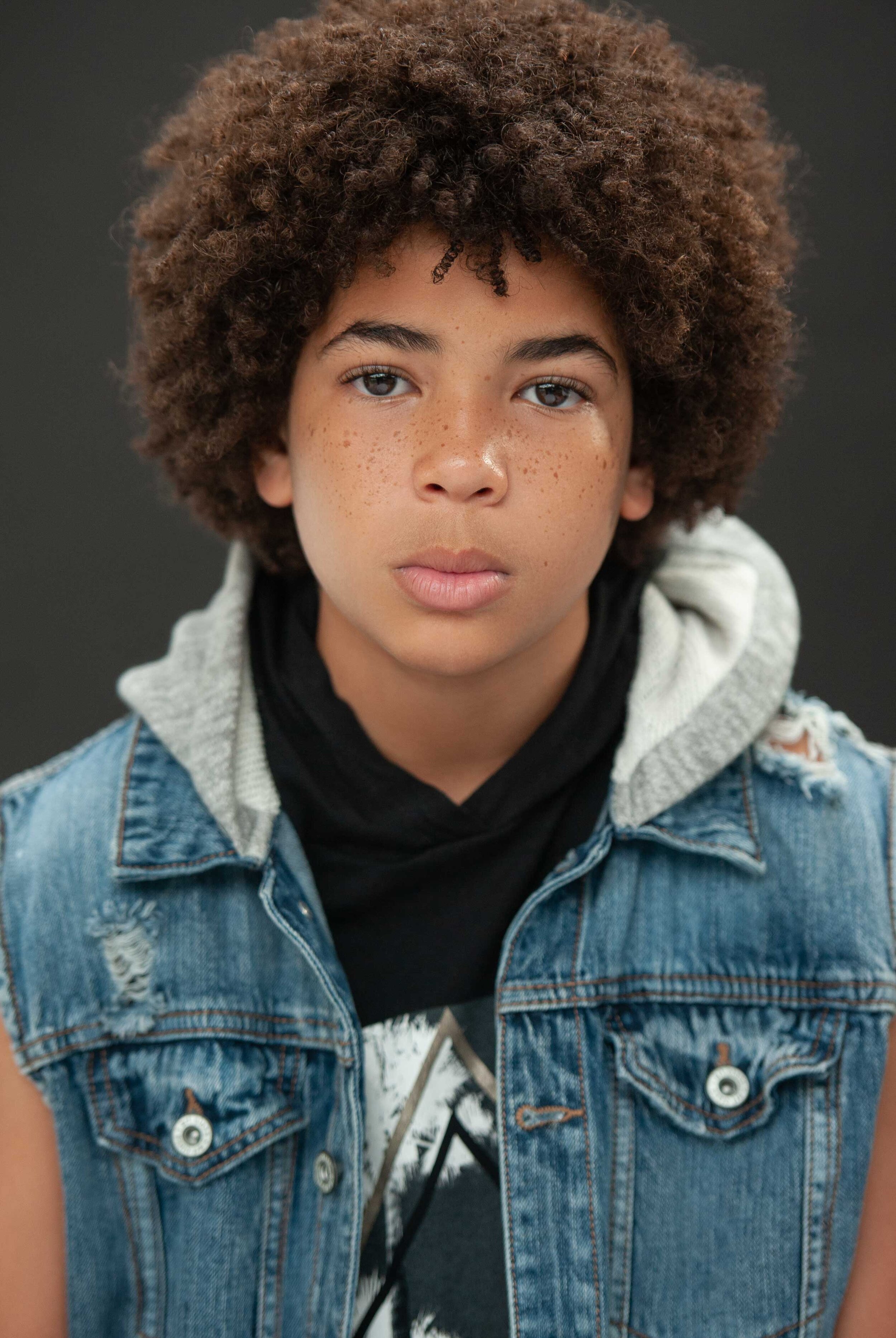Getting into Acting in Florida
Learn all about Acting in Florida
Want to know how to get into acting in Florida or how to get started whether you are in Florida or anywhere else in the States? Well, here is what you need to know to become an actor.
For most, moving to Hollywood or Broadway is just not feasible. Let’s face it, not everyone can uproot and leave to follow their dreams. It doesn’t mean that you cannot make it as an actor in your very own hometown. Many actors started and succeeded in being in their home state of Florida. Granted that as I write, there are currently no film incentives in Florida which means very few film productions are drawn to the Sunshine State. Film productions are drawn to wherever there are film incentives such as in Atlanta, GA which is now a booming entertainment industry.
How to Become an Actor
It is never too late to become an actor! There is no age limit! Are you able to speak in front of an audience? Are you able to handle criticism? Do you have good social skills? Ask yourself these questions. In addition, you must have a passion for acting, be naturally talented, have basic acting skills, and receive continuous training. Knowing how to market yourself or having a very good and well-connected manager or agent will further advance you in becoming a successful actor. To start with, you will have to market yourself to an agent, casting directors, and producers. Getting representation with an agent is the first step in getting your feet wet. The agent will handle the business aspect of your acting career. An agent is connected and can introduce you to casting directors if you fit the description or skill sets. There is NO joining fee to be with an agency or manager. The only time you should pay an agent or manager is after you have received payment for an acting role that you booked and filmed. Some actors will need a manager at some point in their career when their career needs to be managed. To market yourself you will need a headshot and resume.
Acting Headshot
An acting headshot is your business card, so treat it very seriously. A headshot can be shot outdoors or in a studio using studio lights and a backdrop. Having a great headshot that stands out among the rest will help further advance your acting career. It is your foot through the door for people to know who you are before you even get a chance to show how talented and driven you are in acting. A great headshot should make a casting director or film producer want to meet you. Finding a good headshot photographer is important because a good headshot photographer will be able to capture your best features and the essence of who you are. Being comfortable with your photographer also helps you be organic with your movements in front of the camera.
Resume
Building a good resume is important. A strong actor’s resume with experiences and skills to play certain roles along with a good headshot is convincing for a casting director to want to audition with you. For a sample of an actor’s resume, you can simply google acting resume samples and follow the format. Here are a few tips when typing your acting resume:
Never put modeling info on your acting resume
Only list areas in which you have experience e.g. if you have never done a film do not list a film category
Do not list work that you have done as an extra
List your contact info or that of your agent or manager
Do not put your address
The resume must be typed on a single page (adjust margins top, bottom, left, and right and font size to make it all fit on one page)
Use a legible type font
Ideally, the page size to be trimmed to 8 x 10 inches but if you can’t it’s fine at the standard letter paper size
Headshot must be 8 x 10 inches in size and stapled to the back of the resume. The staple must be at the top center of the photo
Include your height, weight, hair, and eye color. Never put your age unless you are under 18 years old
Include your Union Status: Non-Union, SAG Eligible, or SAG/AFTA
List all the recent training that you have received
List any special skills
If you do musicals, list the vocal type
Training
The entertainment industry is a very competitive market and to compete in this market receiving training and consistent training to further develop your talent will help you compete amongst the best in the industry. Talk to those who are already in the industry and find out who is their acting coach or refer to my helpful links, what group or private acting classes or workshops they attend, get involved in a play at your local theater, or take up drama at school. You will also find some valuable resources on my website.
Audition
An audition is a sample of your performance so you want to be prepared and give it your very best. The audition process will test your skill set, how well you memorize or can sight read, and how well you can think and react.
Acting Comp Card
Actor comp cards serve as a calling card for actors. An acting comp card is used by actors for commercial auditions. When an actor attends an audition for a commercial role, the actor hands in his/her acting comp card when signing in.
Actor comp cards vary in size and format. The format could just have a single headshot at the front or a headshot at the front and 3-5 images at the back, similar to a model comp card.
Comp card is short for composite card.
This blog is just the tip of the iceberg. Purchasing The Ultimate Guide to Modeling and Acting is a transformative investment for anyone aspiring to make their mark in the dynamic and competitive world of acting. The 90+ page eBook is packed with invaluable information to run with and put into action.
More on the audition process in Part 2 - stay tuned!






